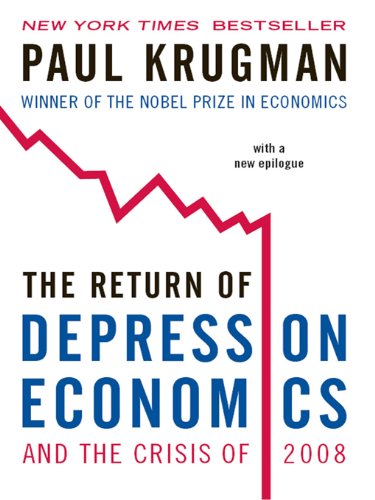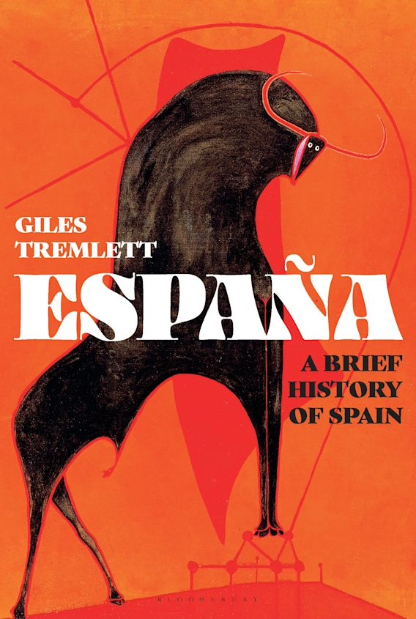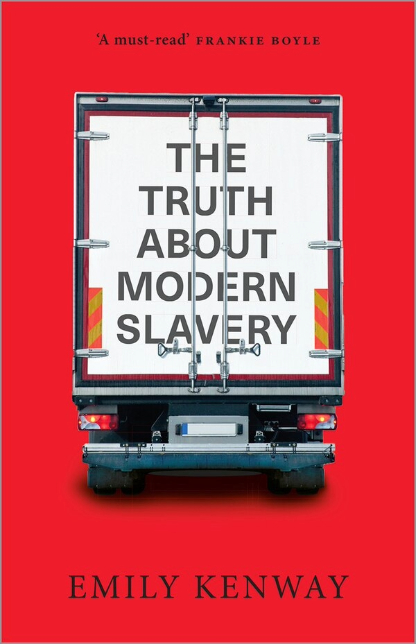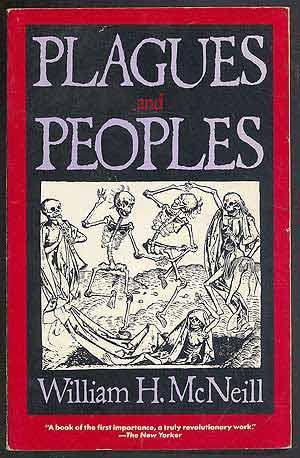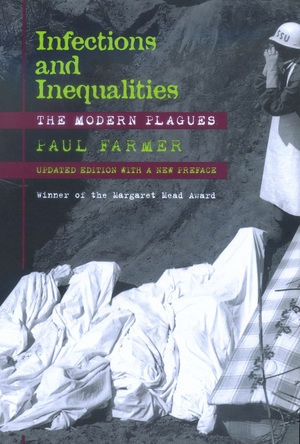Common Ground, Justin Trudeau,HarperCollins, 2014, pp. 352, CAN $32.50, ISBN 978-1443433372
This is the first campaign autobiography I read. Ever. The previous political biographies that came my way were Ignacio Ramonet’s discussions with Fidel Castro and Hugo Chavez, and Trotsky’s ‘My Life’. Needless to say, the book I just finished reading is nothing of the sort, and can never aspire to be. At roughly the same age as Trudeau was when he entered politics, Trotsky was helping organize workers in the South Russian city of Nikolayev and was being imprisoned for it, while Castro was battling Batista’s forces in the mountains, and Chavez was teaching graduates at the military academy his ‘Bolivarian’ ideas. Naturally, Trudeau is no Castro, Trotsky or Chavez, nor does he subscribe to their particular ideology, as he does not fail to mention throughout the book, but it does show a profound lack of political engagement from the relative newcomer to the scene. As such, Justin Trudeau’s ‘Common Ground’ which hit the bookstores in October 2014, a year and a half after he assumed the mantle of the Leader of the Liberal Party of Canada, could be seen as an attempt to define oneself politically before that is done for him by political opponents. The book purports to outline Justin’s development path, from the child born at 24 Sussex to his eventual return to Ottawa, only this time, to the Hill, as the leader of the Liberal Party.
In fact, the book’s sole purpose was to further popularize Justin, by making his face stand out in the bookstore windows. The cover features Justin’s headshot, earnestly staring at the reader, with the wedding-ring of a family man and the green of the environment in the background; a fantastic public relations feat. As one of the younger Canadian politicians, Justin, which he himself acknowledges in the book, often receives compliments on his looks. The reader is then essentially handed a photo of Justin, which likewise features on the spine, in case the customer decides to place the book along the other notable reads. The book’s aim was to introduce Justin to the Canadian electorate, as well as make the electorate remember him; having the Federal Election in mind.
The shadow of Pierre Eliot looms large over ‘Common Ground’. Naturally, as he is the high-profile child of a celebrity politician whose positive approval ratings topped the list featuring the last 6 Canadian Prime Ministers. Justin attempts to cut through the popularity by offering an intimate portrait of a family, with its highs and lows and committed to the well-being of Canada. From his outings with his father, to Margaret’s insistence that he attend ballet lessons, and his childish attempt to escape the RCMP detail assigned to protect him and subsequent berating by his father, and the Collège Jean-de-Brébeuf High School years, Justin attempts to achieve a double purpose, to show that he is the child of Pierre Elliot, complete with the values and world views that entails, and his own, separate, self. His decision to abandon the path of the law-degree and embark on an over-land tour of Africa, and a trans-Siberian railway trip to Beijing, and South-East Asia shows not only his attempt to develop as an individual and step away from the shadow of his father, but also, ultimately his privilege. Following the return from his world-tour, Trudeau goes West, to British Columbia. There he takes up a snowboarding instructor position (not before having ordered a board from Vermont), and becomes a bouncer as well. The decision to include his being a bouncer is a rather strategic one. It serves, just like his decision to stand against a long-standing and rather popular PQ MP for the riding of Papineau, to portray Justin as a risk-taker, unafraid to take up a challenge much bigger than himself. It also, however, gives a nod to his liberal values, which apparently permeate his whole self (i.e I would calmly talk to the trouble-maker, no need for violence).
‘Common Ground’ is a chronological book, detailing Justin’s upbringing, with painstaking attempts to insert moments of political awakening that lead to the formation of political beliefs. The linearity of the narrative fails to outline how Justin came to believe what he does, and ideological positions, such as the profession of faith in free trade, the federation, and human rights seemingly drop out of nowhere. If anything, one gets the impression that Justin entered politics because of his ambition, rather than conviction. The same slogan appears throughout the book ‘Canada is strong not despite, but because of her differences’, with Canada’s bilingualism featuring prominently, even though one cannot say that Canada indeed is a bilingual country. Another thing that stands out is Justin’s fleeting remarks about the First Nations people. While acknowledging their suffering at the hands of European settlers, and the importance of improving their well-being, he does so on a mere page, as compared to a lengthy diatribe about the West’s feeling of alienation from the East and Ottawa bureaucrats, or his boxing achievements in beating a Conservative MP with a technical knockout, which runs to approximately 5 pages. Likewise, Justin’s commitment to volunteerism is evident throughout the book. His having sat on the board of Katimavik and having amassed a huge volunteer base for his run as an MP and then as the Leader of the Opposition certainly allows him to see the benefits of the volunteer corps. Namely, the fact that he does not have to pay for the labor service provided for his benefit. Indeed, he outright states that the funding he received as a backbencher was not enough to provide for more than 3 full-time staff. Volunteers came to the rescue, who performed the same work, albeit, without being paid. Justin lauds the hands-on experience the volunteers get in return, but he seems to forget that you cannot eat experience. Another obvious contradiction is his apparent commitment to the environment and his desire to develop the natural resources of Canada. Indeed, having toured the country and spoken to Canadian youth, he did realize the importance the environment plays with the younger voters. His environment agenda is lacking any concrete basis other than his abstract commitments, and lip-service. Justin berates Harper for having abandoned climate change and the environment, but himself fails to stand for it.
Lastly, Justin’s intricate relationship with Quebec, after having grown up with a Quebecer father in a bilingual home, and attended high school and university in the province is evident. However, at this point, Justin precisely does not purport to offer the ‘Common Ground’, as seen in his vociferous denunciation of the Clarity Act and NDP’s ‘playing footsie with the separatists’. More than common ground, his position on Quebec is a line which cannot be crossed. His return to the common values that unite us are not a legitimate political platform and are not likely to resonate with the Quebecers.
The book’s fillers attempt to make Justin relatable. Episodes such as his swearing never to drink vodka ever again after having, presumably, gotten drunk with a Russian train conductor, or his trouble with acne and awkwardness with girls bring the man closer to the ordinary from the lofty heights of popularity. Whether the reader relates is an open question. Not necessarily because the reader is against alcohol or pre-marital sex, but the mere fact that it is a Trudeau suffices to differentiate the experiences. Can Justin escape the shadow of Pierre Elliot? To what extent is it a genuine attempt to distance oneself from the father? Mentioning your name as Justin Tremblay at a debating union meet-up is quite different than showcasing for it before a large crowd.
Overall, the book’s purpose was not literary, neither was it a political manifesto and the reader is left none the better knowing where if anywhere Justin’s Liberal Party is going to go. Justin is charming, the book is a public relations stunt, but not more than that.
